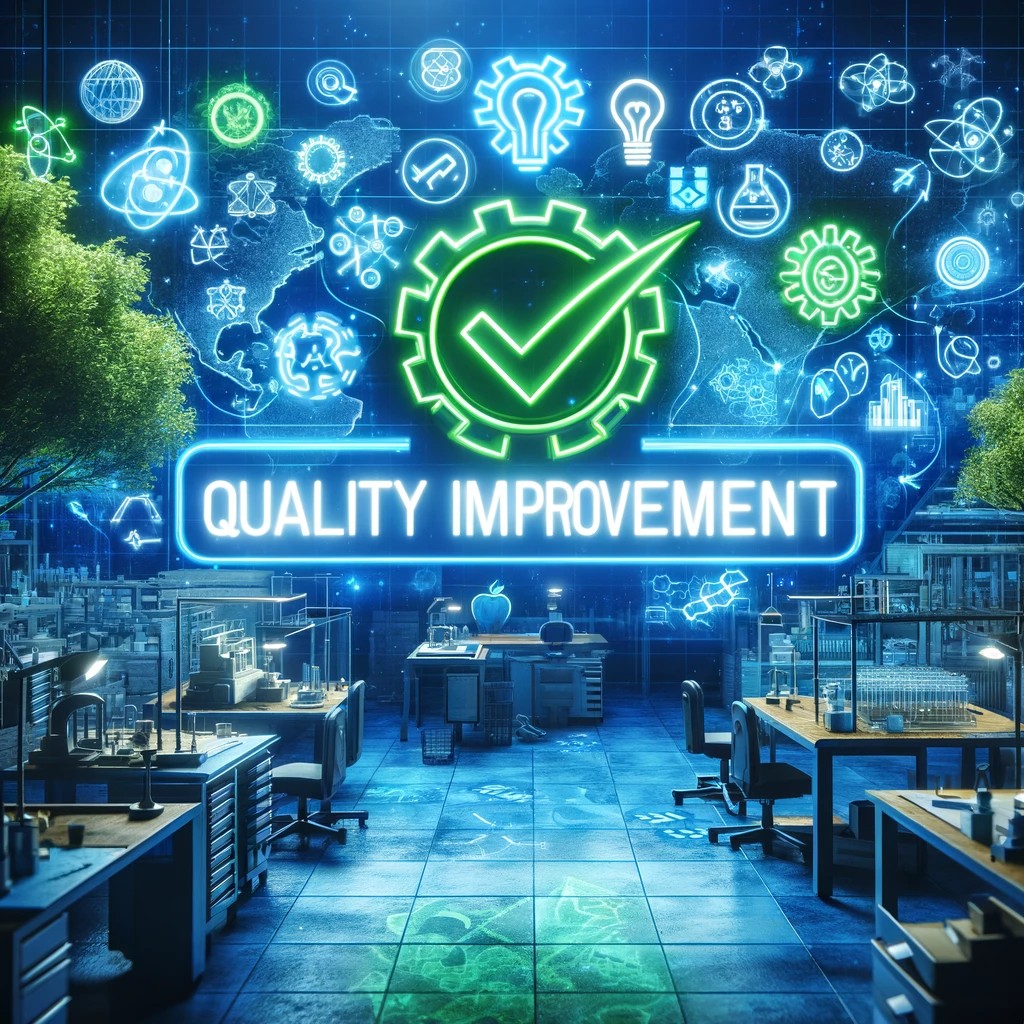Quality Improvement (QI) is a systematic approach to enhancing the efficiency, effectiveness, and reliability of processes and outcomes across various sectors, including healthcare, manufacturing, and services. This executive summary provides an overview of key aspects related to Quality Improvement: 1. Definition and Purpose: 2. Continuous Nature: 3. Data-Driven Approach: 4. PDCA Cycle: 5. Root Cause Analysis: 6. Cross-Functional Teams: 7. Tools and Methodologies: 8. Benchmarking: 9. Patient-Centered Care: 10. Regulatory and Accreditation Requirements: 11. Sustainability: 12. Benefits: 13. Challenges: 14. Future Directions: In summary, Quality Improvement is a systematic and data-driven approach to enhancing quality, reducing errors, and optimizing processes in various industries. It is characterized by its continuous and… Read More
Continue Reading